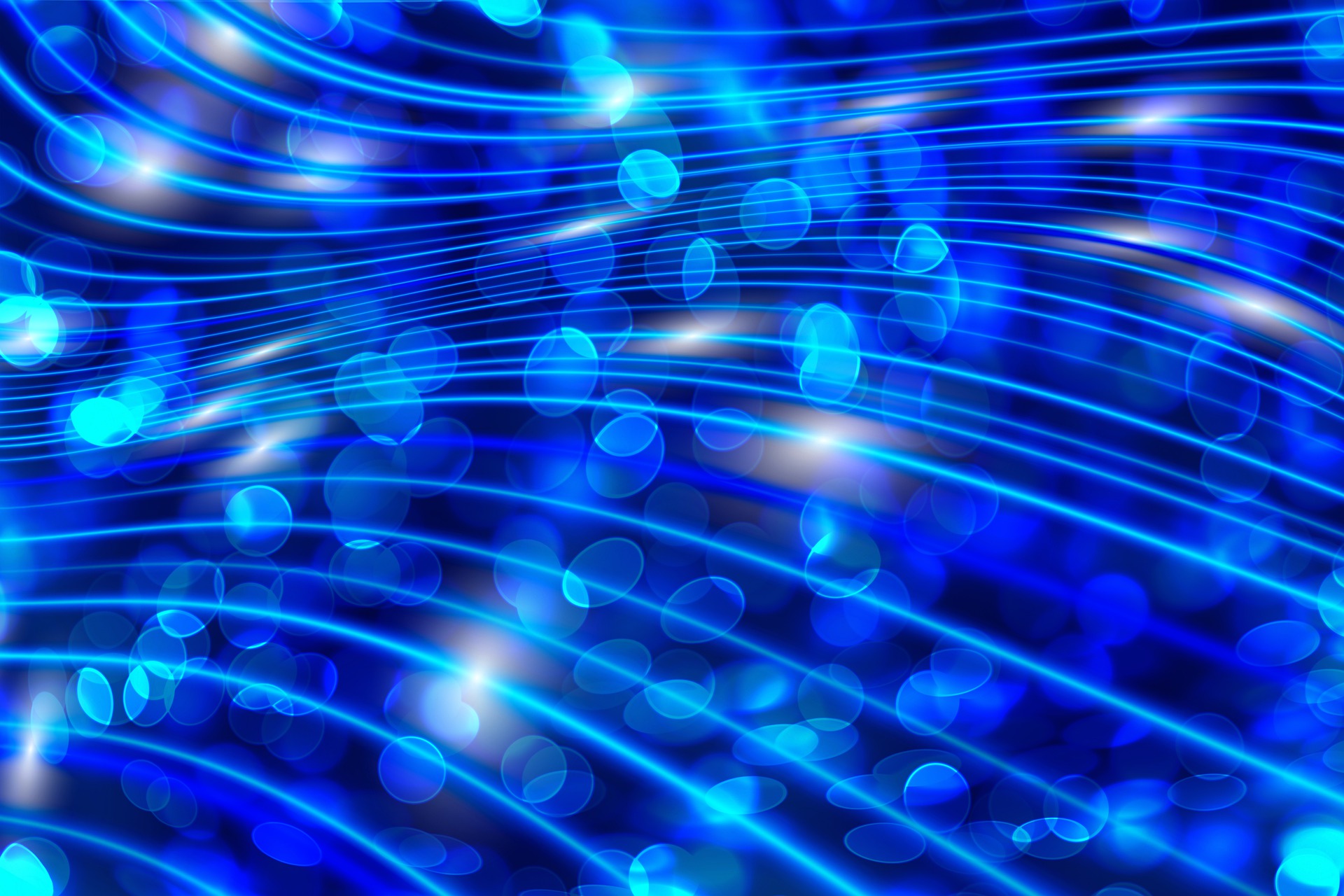Quantum computing takes advantage of the strange ability of subatomic particles to exist in more than one state at any time. Due to this, operations can be done much more quickly and use less energy than classical computers.

Image by Gerd Altmann from Pixabay
Here is a basic summary of how quantum computing works:
Qubits: In classical computing, a bit is a single piece of information that can exist in two states – 1 or 0. Quantum computing uses quantum bits, or ‘qubits’ instead. A qubit can be both 1 and 0 at the same time, thanks to the principle of superposition.
Superposition: This principle allows quantum computers to process a higher number of data possibilities than classical computers. For instance, two classical bits can be in one of four possible states (00, 01, 10, or 11), but only one at a time. Meanwhile, two qubits can be in any superposition of these four states at the same time. This means that quantum computers can process a lot more information and much faster.
Entanglement: Another quantum phenomenon, known as entanglement, allows qubits that are entangled to be linked together in such a way that the state of one qubit can depend on the state of another. With entangled qubits, if the state of one qubit changes, the state of the other changes instantly, no matter how far apart they are. This correlation allows quantum computers to operate in ways that classical computers cannot.
Quantum gates: Just as classical computers can be transformed through gates, qubits can also be manipulated through quantum gates. These are mathematical functions that modify the state of the qubit. Quantum gates are fundamental to quantum computing and help perform complex calculations.

Image by Gerd Altmann from Pixabay
Quantum computing is a rapidly evolving field with the potential to revolutionize a wide range of areas. Some of the main areas of interest and application for quantum computing include:
- Cryptography:
- Quantum computers threaten traditional cryptographic techniques by making some of them vulnerable, such as RSA and ECC. Quantum Key Distribution (QKD) is a method that uses quantum mechanics to ensure secure communication.
- Drug Discovery and Healthcare:
- Quantum computers could help in simulating and analyzing complex molecular and chemical reactions, aiding in the discovery of new drugs.
- Understanding protein folding and other biological processes could be accelerated with quantum computing.
- Material Science:
- Discovering new materials with desired properties (e.g., superconductors) could become more efficient using quantum simulations.
- Optimization Problems:
- Quantum algorithms could offer faster solutions for certain optimization problems, from logistics to finance to machine learning.
- Artificial Intelligence and Machine Learning:
- Quantum computing can potentially speed up specific tasks in machine learning, including training of complex models.
- Financial Modeling:
- Quantum computers could better model financial markets, handle risk assessment, and optimize trading strategies.
- Climatic Models:
- Modeling and predicting climate changes and their impact on the earth could benefit from the computational power of quantum computers.
- Fundamental Physics:
- Quantum computers could aid in simulating quantum systems, providing deeper insights into quantum mechanics, and potentially leading to breakthroughs in fundamental physics.
- Circuit and System Design:
- Quantum circuits can be used to design new electronic components and systems with enhanced features.
- Error Correction:
- A significant part of quantum computing research is dedicated to quantum error correction, which is crucial for building reliable and scalable quantum computers.
- Quantum Communication and Networking:
- This area focuses on the development of quantum communication protocols, networks, and long-distance quantum information transfer.
- Quantum Algorithms:
- Designing new algorithms that leverage the unique features of quantum mechanics to solve problems more efficiently than classical algorithms.
- Quantum Software and Programming:
- Development of software platforms, languages, and tools specifically designed for programming and running quantum algorithms.
As quantum computing technology matures, it’s expected that its applications will expand, and more areas of potential impact will emerge.
However, quantum computing is still in its early days, and many of the technologies required to build practical quantum computers are still in the realm of theory and experimentation.

Image by Pete Linforth from Pixabay
Quantum computers are incredibly delicate and require very specific conditions to function, such as extremely low temperatures to maintain superposition and prevent decoherence.
Moreover, writing programs for quantum systems requires a complete rethink of what it means to program. Errors can creep in very easily, and error correction in quantum systems is a significant area of research.
That’s the general idea, but the actual physics and mathematics of quantum computing are very complex. For a more detailed understanding, you’d need to study quantum mechanics, linear algebra, and computer science.
Image by Gerd Altmann from Pixabay


